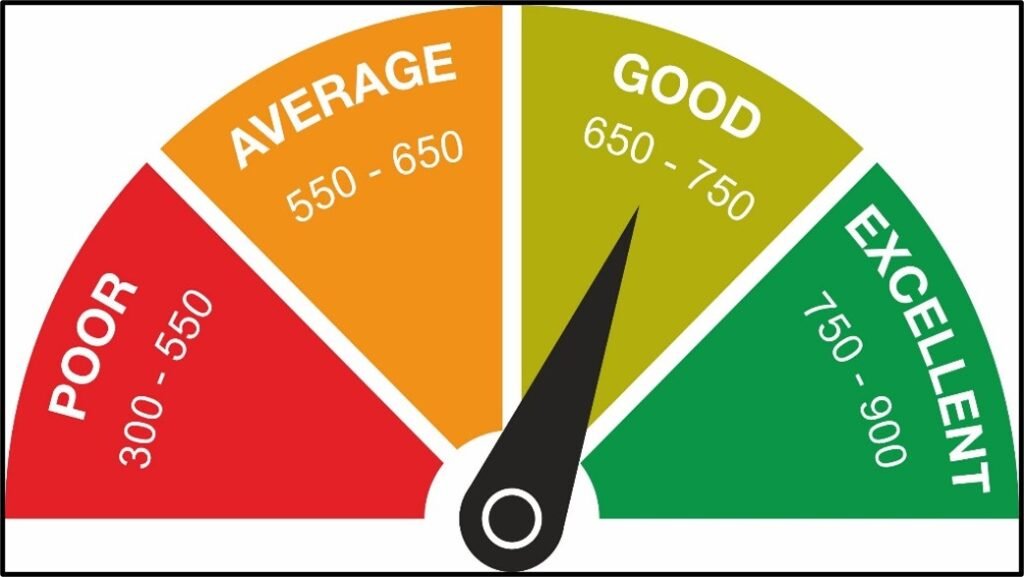Simplify your business registration with SureTax Bizcare –
your trusted partner for seamless Registration, Compliance, and Management.
A credit report, commonly referred to as a CIBIL report, provides a comprehensive summary of an individual’s credit history and financial behavior.
CIBIL (Credit Information Bureau India Limited) is one of the major credit bureaus in India responsible for collecting and maintaining credit-related data for both individuals and businesses.
Lenders rely heavily on the CIBIL report to evaluate a borrower’s creditworthiness before approving loan applications or extending credit facilities.
A credit score is a numerical indicator that reflects an individual’s creditworthiness, helping lenders assess the risk involved in extending credit or loans.
This score is calculated using several key factors, including payment history, credit utilization ratio, duration of credit history, types of credit accounts held, and recent credit inquiries.
Credit scores usually range between 300 and 850, though the exact scale may vary depending on the scoring model. A higher score signifies stronger credit reliability and a lower risk for lenders.

The report includes detailed records of the individual’s credit facilities such as loans, credit cards, and other forms of borrowing.
It shows how much of the available credit limit has been used. A high utilization ratio may suggest excessive reliance on credit, which can negatively affect the credit score.
Any financial or legal issues such as loan defaults, bankruptcies, or court judgments are noted in the report, potentially reducing the individual's creditworthiness.
The report features a CIBIL score, a three-digit number ranging from 300 to 900, representing the borrower's credit standing. A higher score indicates stronger financial credibility.
The report outlines the borrower’s repayment behavior, including whether payments were made on time, delayed, or missed, which plays a crucial role in determining the credit score.
Lenders rely on the CIBIL report to evaluate a borrower’s ability to repay loans.
A strong credit report can lead to faster approvals and more favorable interest rates.
A good credit history empowers borrowers to negotiate improved loan terms and conditions.
Reviewing the report aids in managing debt and planning finances effectively.
A healthy credit profile increases the chances of getting approved for future credit needs.
Regularly checking the report helps identify and fix discrepancies, ensuring accuracy.
Suretax provides expert business and financial consulting services, ensuring strategic growth and success for our clients.
© SureTax Bizcare.
Copyright © 2025 All rights reserved.